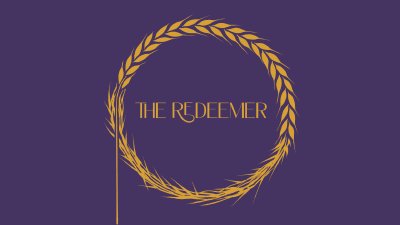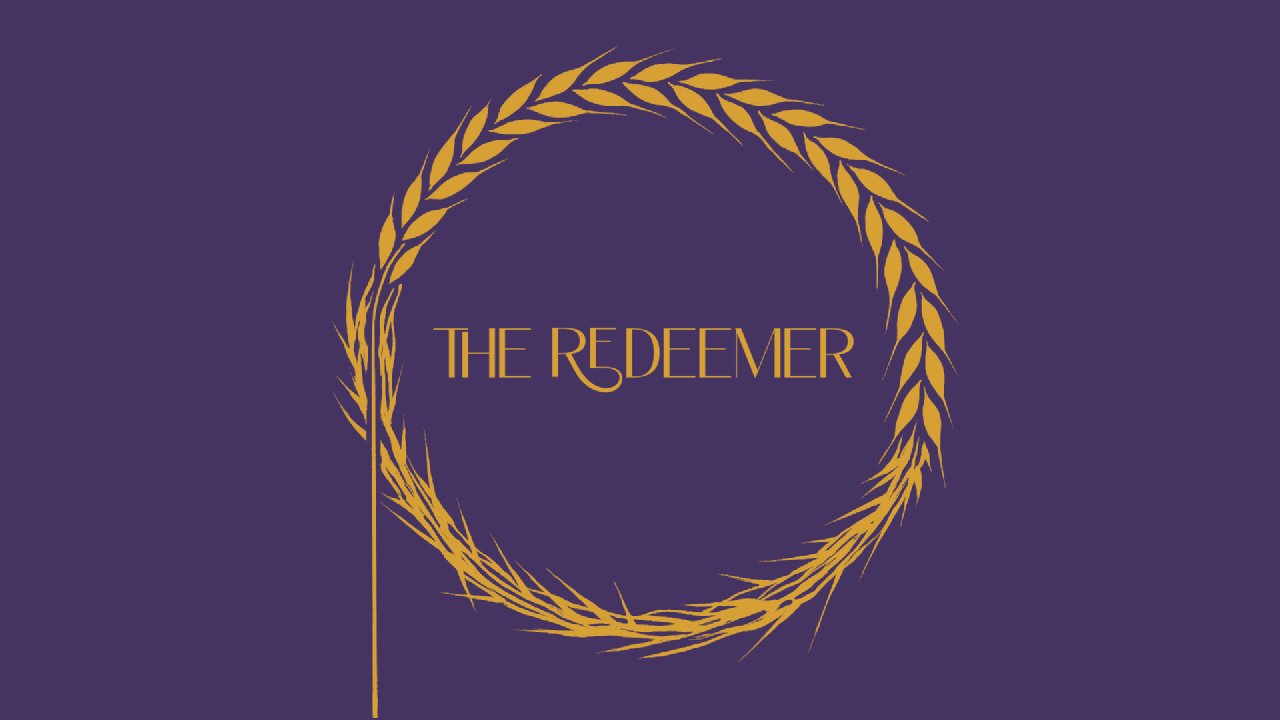What a difference a day makes! The last time we saw Naomi in the story of Ruth she was walking into her hometown telling everyone she is accursed and empty. She doesn’t so much as mention her daughter-in-law Ruth, trailing along beside her, who has forsaken everything to show her love. She gives no word of encouragement or instruction to Ruth as she goes out among the poor of Israel to glean hopefully enough grain for their daily bread. Broken, forlorn, and forsaken—that is Naomi.
She must have waited fitfully throughout perhaps a 16-hour work day, wondering what happened to Ruth. In her state of mind, I am sure she must have assumed the worst as her daughter-in-law, a foreigner in a strange land, is risking her safety and perhaps her purity to keep the family afloat for another day. Yet when Ruth returns with enough grain for two weeks and a meal already cooked, we see hope rising! From cursing to benediction, from near blasphemy to blessing—from lament to laughter.
Oh my, how does this happen? Behind this whole story of Ruth is a God who is so powerful and so good, He will (in the words of Joni Eareckson Tata) “… permit what he hates in order to accomplish what he loves.” And, as we will soon find out, provide more than we can ask or imagine.
I ponder these words from Georgetown, South Carolina, between trips to Charleston and visits to churches and buildings over three hundred years old. The stories these old buildings could tell. And yet, all of them tell a similar story. All these places are uneven, good and bad, full of sin and grace, lament and laughter. Such is the shape of the world. Life is hard and suffering abounds. Oh, but if we know the Author of the story, we know all lament ends in laughter.
I can’t wait to be back in Collierville at the end of the week and ponder in a new and fresh way how the community of St. Patrick will, like Ruth, be an instrument that brings joy in the many places of brokenness and sorrow. It is a big task, but hey––we serve a God who from the hallowed foot of the cross does just that.
Blessings,
Jim

From Lament to Laughter
June 20, 2021 • Rev. James M. Holland • Ruth 2:17–23
Love and Lament
May 30, 2021 • Rev. James M. Holland • Ruth 1:19–21, Ruth 1:6–14
It was not supposed to be like this! How could it be? How could this happen? Or better yet, how could a good God who is also in control of all things allow this kind of thing to happen to me? The gap between what God had promised and my present reality were so far apart, I didn’t know what to do. I later would sit in my study and, in hurt and loss, accuse God of messing up my life. Yes, accuse him of being out to get me. Was I off-base in this? Well, even a cursory reading of the Psalms would suggest I was in good company. Shocking, isn’t it? Over one-third of the inspired prayers in our prayer book are people accusing God, bringing charges against him, wondering if he is there or if he has abandoned them. Shocking, because our culture doesn’t process deep hurt very well. We are more stoical than biblical in this. This Sunday we are forced to deal with the brutal language of Naomi as she accuses God of messing up her life. She refuses to go quietly into that good night. Is her bitter lament the ravings of a bitter woman or of a woman who has loved well and been broken by it? Does God accuse her in this or is he quietly loving her and sending messengers of his love to her? That is what is before us in the book of Ruth this Sunday—love and lament. If you dare to love like God loves, like we see Jesus love, you will be broken. Lament is the language we learn in the Bible that helps us process our pain. As one writer says,“Lament is the honest cry of a hurting heart wrestling with the paradox of pain and the promise of God’s goodness…Lament stands in the gap between pain and promise.” (Mark Vroegop, Dark Clouds Deep Mercy) It is Memorial Day weekend and lots of you will be traveling. Think of me, I will be building a fence for our new puppy who is supposed to arrive in the Holland house next month. Yes, it is true––another thing I swore I would never do again has come to pass. My experience with dogs is long and dark, to the point that I made rash vows to never own one again—ever!! It is true I am viewed by some as the Scrooge of dogs. Then something happened that I never anticipated. I have a little dog lover in my house and yes, love does things, even to Scrooge. It is true, I have lamented this prospect, but as we will see in lament, it is “prayer in the meantime,” it is never final. Our final prayer is always “Hallelujah!” I am not there quite yet, but watching the joy in my daughter as watches videos of these four week old puppies is getting me there—fast! Hope to see you Sunday, live and in person, or via livestream. Blessings, Jim
The True King
July 25, 2021 • Rev. James M. Holland • Ruth 4:17–22
There are mixed reviews about epilogues among those who love a good story. Some people think they are a waste of time. That, after the story ends, everything resolves, and epilogues detract from the story. Others appreciate an afterword that gives some account years later, just a word or so that assures you that the characters are doing well and thriving. Me, I like them. I do want to peer into the future of characters I have grown to care about and know that all is well with them. But what if the epilogue is a genealogy? What a downer for us! Or is it? In our last lesson on Ruth, we have a genealogy of ten names, most of whom we don’t even recognize. On the surface it doesn’t look like much, but what if this list is telling us something about the story behind the story? What if it is reminding us that, even with the coming of David, we are not seeing the true king? What if we are meant to look at some of the names, even considering the ones that are omitted, and marvel that the story even made it to this point at all? What if it is showing us that behind all kingship is the True King of the universe, so determined to bring about his purposes that he will carry them forward even in the midst of the sin and unfaithfulness of his people? That or something like that is on full display in our epilogue. While these ten names mean little to us, they scream the power and grace of the God who holds the universe and, yes, our very lives in his hands. It reminds us that, as G. K. Chesterton said, “The church has all but gone to the dogs at least 6 times in history and each time it was the dogs who died.” A good word for us. Especially when we live in a time much like Ruth and Boaz did, where everyone does what is right in their own eyes. I need to hear that often, and I suppose you do as well. So join us on Sunday, live and in person or via livestream as we wrap up our series on the book of Ruth. Blessings, Jim


There Is a Redeemer!
July 18, 2021 • Rev. James M. Holland • Ruth 4:1–17
[No audio/video due to technical difficulties. Our apologies!] We might have called our study this Sunday, “Who gets the girl?” We are left hanging at the end of chapter three, and we do not know if the story will end as a comedy or a tragedy. However, the shape of the book of Ruth is so familiar to life, is it not? So much of what Naomi does is just “muddling in the right direction”, even when she is empty and has no idea how her story will end. Ruth has her own grief and loss, as well; she is no stranger to pain and the brokenness of the world, yet she too continues to do “the next right thing.” Boaz is an older man, not married, and he too has his share of crosses to bear. In the midst of a culture where everyone does what is right in their own eyes, his steadfast determination to do what is right in God’s eyes has cost him financially and reputationally. No doubt many on the outside looking in wonder at his refusal to grasp at his heart’s desire to have Ruth for his wife. I’ll bet he doesn’t sleep as he considers the coming business of confronting the redeemer that has a closer claim on his beloved. So much waiting, so much hardship, so many choices. Yes, it is familiar. But it is also hopeful, is it not? While psychologists have often noted that one of the most unhealthy things we can do is to constantly avoid pain, here in this story we see pain, loss, uncertainty, and sadness not as an aberration in life, but the very stuff of life. Such are the wages of sin and the call to live faithfully in a fallen world. The big themes of Ruth––rest and redemption––take place within the messiness of life. Tension in every chapter drives the story. Yes, we know this story; each of us are deeply acquainted with this plot. So how does it resolve? Join us Sunday as we essentially wrap up the book of Ruth. There will be an epilogue to follow, but most of our questions will be answered this week. Isn’t it interesting that the drama of redemption we find in the book of Ruth is played out as a romance? Will Boaz get his bride? This story reminds us of another great Redeemer and what He endured to woe and win his Bride! Blessings, Jim



